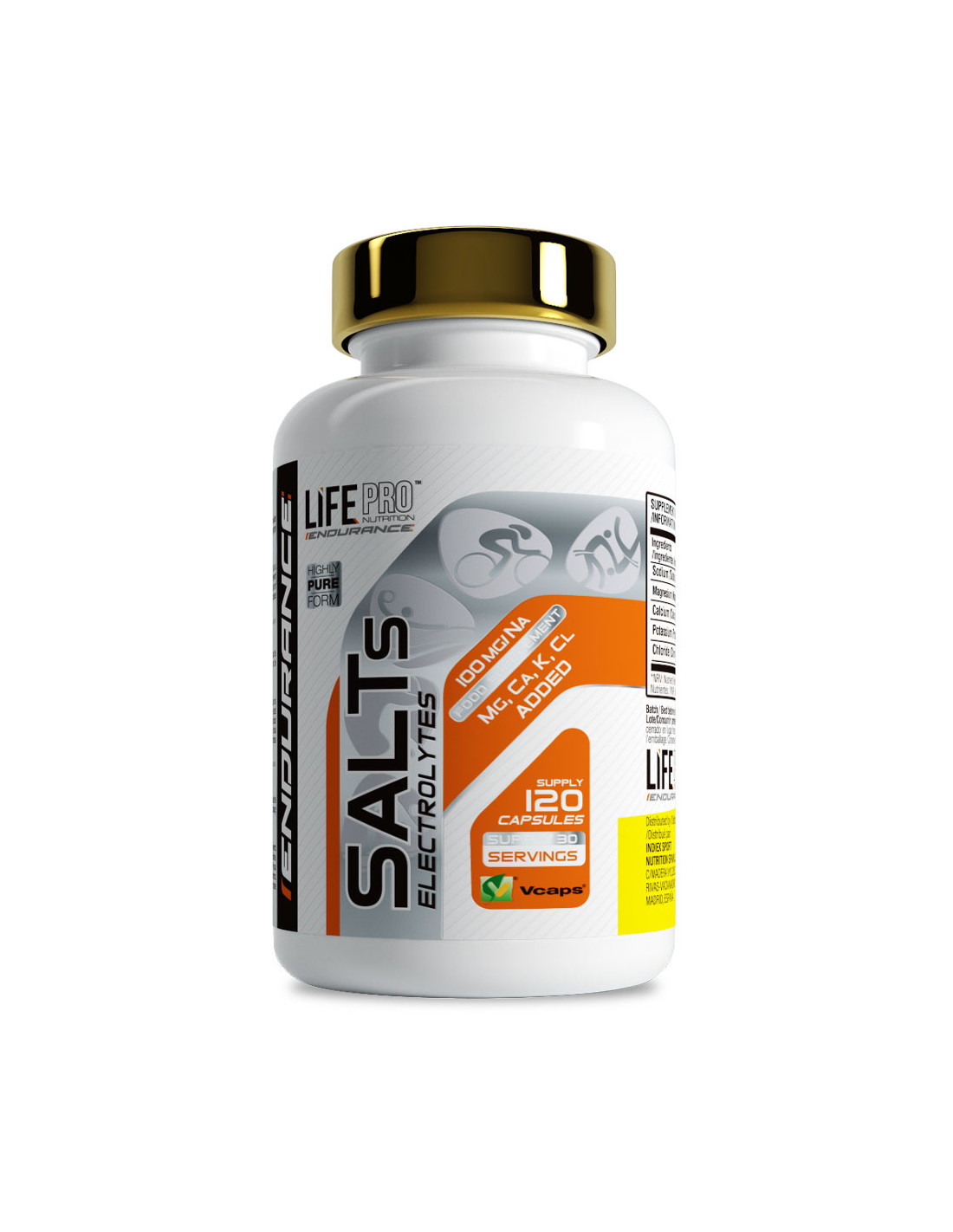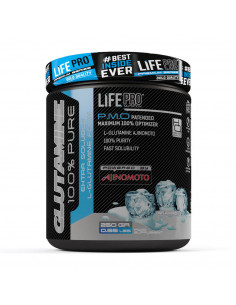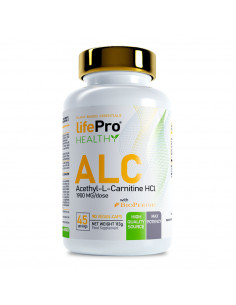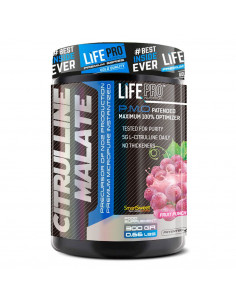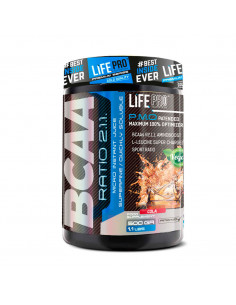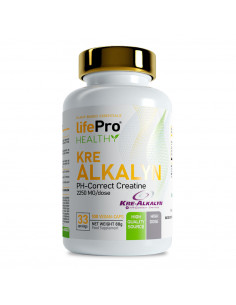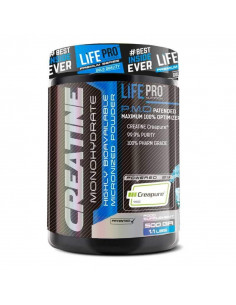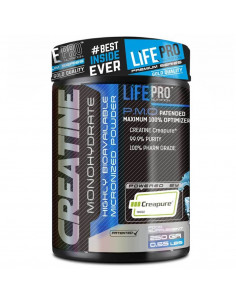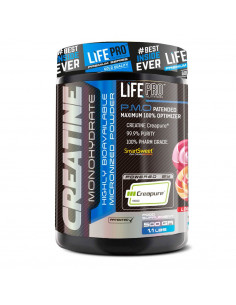Composition:
This product contains sodium, potassium, chlorine, calcium and magnesium as components.
What is it for?
When we exercise, the body generates a large amount of heat, which must be dissipated. It therefore uses sweat and its evaporation as a means of maintaining temperature. Through sweat, we lose not only water but also electrolytes. This causes alterations in the physiology and metabolism of the athlete.
These electrolytes must be replenished for the correct functioning of the organism and, within this, of our cardiorespiratory and neuromuscular systems, which will be decisive in our performance when training or competing. We must bear in mind that the implications of these electrolytes will not only be important for our health, but also for the optimisation of the systems of athletes in competitions and training. Let's take a brief look at the implications of each of the salts included in this product:
Sodium (Na): This is the most important mineral to replenish during physical exercise, which is the main cation of the extracellular fluid. Sodium is essential for maintaining body fluid homeostasis, which is key to proper force production (e.g. in our training and competition) through our neuromuscular system. In addition, low blood sodium levels will cause symptoms such as mental confusion, loss of consciousness and even death.
Among other things, we must not forget that correct sodium levels will allow for better glucose absorption, which is key to optimising performance in various sports disciplines.
Potassium (K): Potassium is not only key to maintaining acid-base balance, but also for proper neuromuscular functioning, and therefore, that the contractions of our muscles can occur effectively and our muscles generate the corresponding tension and strength in our training and competitions. In addition, potassium deficiency could not only impair our neuromuscular activity but also cause problems with vomiting, diarrhoea and even have cardiac effects.
Chlorine (Cl): Chlorine is essential for the regulation of our body fluids and the electrical potential of cell membranes. This has key implications for the proper functioning of the neuromuscular system. It also has important digestive implications.
Calcium (Ca): Many of you will be thinking that it is very important for our bones, but it is also essential for energy metabolism, for blood clotting and has key implications for neuromuscular function, being of vital importance for the correct functioning of the contraction of our muscles, and, therefore, their production of tension and strength (which will determine our running, jumping, lifting performance...).
Magnesium (Mg): Magnesium, as well as being key to our bones, muscle tissue and extracellular fluid, plays vital roles in DNA transcription, energy metabolism, muscle contraction, protein synthesis, oxygen supply, etc. As you can see, the importance of having good levels of magnesium is enormous. At a sporting level, its deficiency has even been linked to the appearance of muscle cramps, which is still being investigated. What there is no doubt about is that it is essential for the correct functioning of our organism, ranging from the regulation of glucose at brain level, to the optimisation of cardiorespiratory and neuromuscular functions.
Benefits:
- Provision of optimal electrolyte levels for proper cardiorespiratory and metabolic functioning.
- Improvement of the athlete's bone health.
- Improved recovery after exercise and possible effect on cramps.
- Recovery and prevention of the deterioration of the functioning of our organism caused by the loss of electrolytes.
- Optimises the function of the neuromuscular system, thus enabling the correct production of muscle contraction.
What dose to take?
The correct dosage is 2 capsules. Depending on the duration and intensity of exercise, it can be increased to suit the athlete's requirements.

